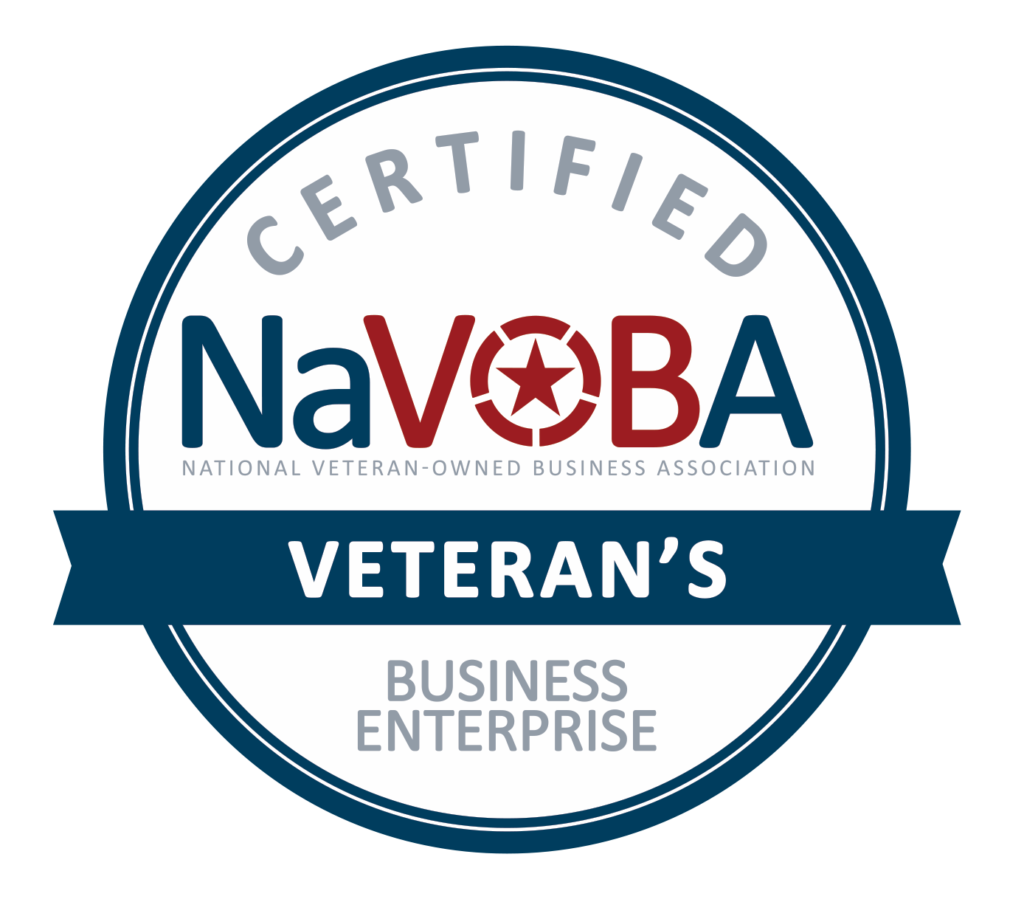
Project management is the process of planning, organizing, and managing resources to bring about the successful completion of specific project goals and objectives. It’s a critical process in any business, but it’s especially important in industries that are constantly changing and evolving. That’s why project management training is so important for industry leaders. Good project management training can help increase efficiency and quality while helping businesses stay on track and meet deadlines.
In this article, we will address what project management is, which types of businesses can benefit from project management training, as well as different types of project management. We will also touch on some of the benefits of project management training so you can see if implementing project management strategies in your workplace might be a good fit.
What Is Project Management?
Simply put, project management is the process of using tools and skills to problem-solve, collaborate, and produce a valuable product or service for a stakeholder or customer. While there are many different ways of creatively problem-solving during the course of a project’s duration, there are three main types of project management most industry-leading business practice today.
Top Three Types of Project Management
Most competitive businesses use one of three primary types of project management, though the field of project management itself is always evolving. The three main types of project management are:
· Waterfall Project Management: This linear approach to project management focuses on a defined phases that must be completed in a linear succession before moving on to the next phase of the project. A phase cannot be considered “complete” until it has received final approval, because backtracking with this method of project management can be costly and time consuming.
· Agile or Scrum Project Management: While technically agile and scrum methodologies are somewhat different, they both rely on similar founding principles; in both types of project management, the stakeholder or client is a valuable contributor to the process, providing feedback that informs the workers’ next moves. The thinking behind agile and scrum project management is that a company must be adaptable to change while putting the needs of the customer at center stage in order to increase customer satisfaction
· Hybrid Project Management: As you might have guessed, hybrid project management relies on some combination of the above techniques. For example, one might find a way to combine the careful forethought and detail-oriented planning before waterfall project management with the framework of scrum methodology, especially if looking to increase creative problem-solving over the course of the project.
What Businesses Other Than Software Development Can Benefit From Project Management Training?
We hear about agile project management a lot in the context of software development companies—but are there other types of industries that might benefit from successful project management training as well? As it turns out, effective project management can benefit companies in fields ranging from construction to retail to non-profit organizations. Basically, any company that requires tackling projects—especially big, complex projects—will likely benefit from project management training and implementation.

Why Industry Leaders Need Good Project Management Training
When it comes to moving your business forward, it’s important to take stock every now and then and consider what you want your impact on your employees, your field, and your community to be. If you could take steps to improve the quality of life of your customers and your employees by raising the bar in your industry, wouldn’t you be interested in giving that a shot? One simple way to raise the bar is to start thinking about how you move through problem-solving with your team. That’s where project management training comes in. Project management solutions have many benefits to businesses small and large, as detailed in the following passages.
Increase Efficiency and Quality of Results
By laying a framework for your projects, you are increasing the likelihood of success, efficient delivery, and a quality product for your customers. Especially in methodologies like agile project management, which offers built-in quality control throughout the process, you can be all the more confident that the product or service you offer upon the project’s completion is both quality and timely.
Retain Employees
No matter which method of project management you choose—waterfall, agile, scrum, or hybrid—they all rely on collaboration as part of the process. Giving each employee an opportunity to contribute their skills, knowledge, tools, or experience can have a positive impact not only on the collaborative efforts and the results they yield, but on the morale of your employees as well. Increasing employee autonomy produces more loyal employees that are more likely to be interested in moving up the company ladder and sticking around long-term.
Inspire the Next Generation of Talent
As we touched on in the previous section, an autonomous is a happy employee—and happy employees are more likely to take initiative to see their projects through. In this type of company culture, you will build a team of autonomous leaders that may be more likely to act decisively and confidently on behalf of the company. This means that training your next generation of employees when it comes time to expand the company will likely come from the attitude of their peers, not their employers. This inspirational atmosphere of leading by example begets more inspired workers, taking less strain off of employers during the onboarding process.
Better Networking
If you are consistently and efficiently delivering great products or services, you are likely to start to build a reputation for your business. Tried and true methods increase the likelihood of repeatable success, which means you may be able to attract more clients than ever before. Additionally, by encouraging an atmosphere of excellence at work, you are more likely to attract talented candidates from your industry who are interested in working in that kind of atmosphere. This increased ability to network within your field can bolster your connections not only within your company, but with your allies and even other leaders in your industry as well.
Cushion the Bottom Line and Reduce Company Waste
At the end of the day, a business needs to make money in order to move forward and succeed. By implementing project management training for your employees, you are investing not only in their long-term success and career development, but also in garnering efficient, quality results. By reducing the amount of time spent backtracking on a project, under-communicating or miscommunicating with the client prior to delivery, and dealing with employee turnover, good things can happen for your bottom line; you can even help to increase overall company efficiency—in other words, reduce waste.
PMLG's Premiere Project Management Training
Implementing a project management plan in your workplace environment can seem like a big step, but project management training for your employees can be a great investment in your business, your employees, and in the community you are trying to serve with your company. Whether you choose traditional waterfall methodology or look to the adaptability of agile project management, chances are adopting a project management methodology will give your company a boost from the inside out, with long-term implications for company success, employee retention, and even customer satisfaction.
Are you ready to invest in your business through PMLG’s premier project management training opportunities? Check out our current curriculum here, or contact PMLG today!


